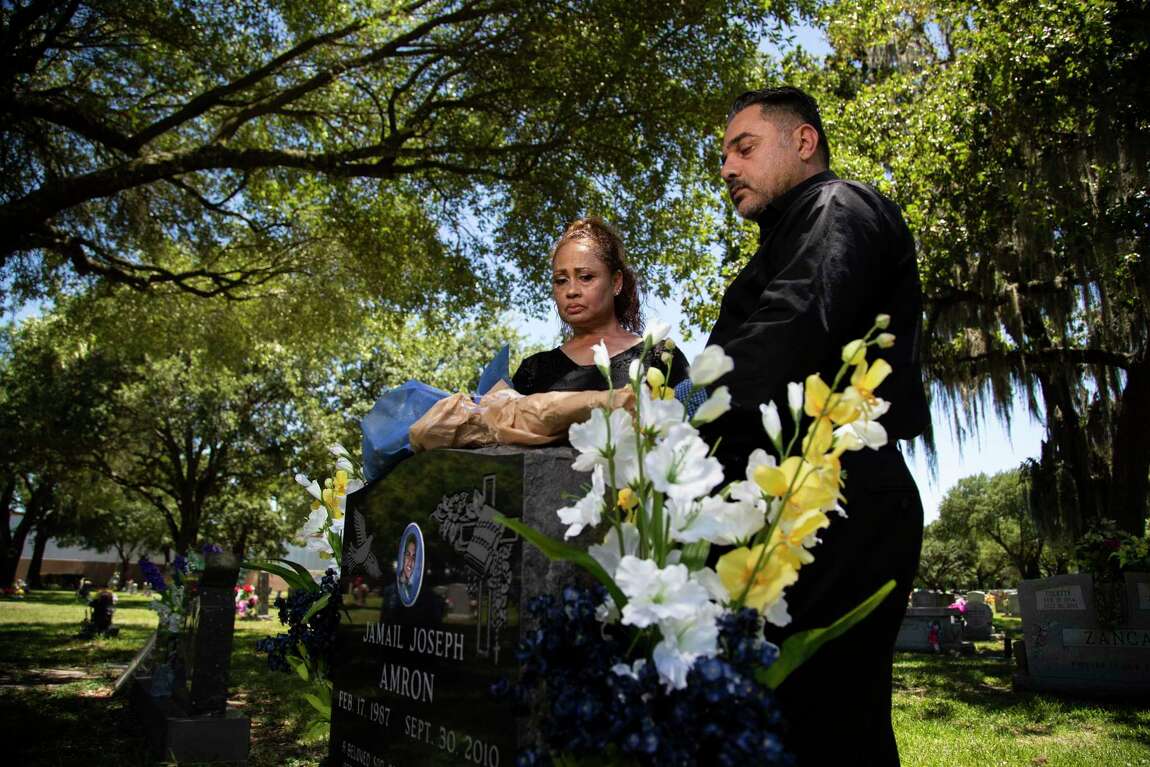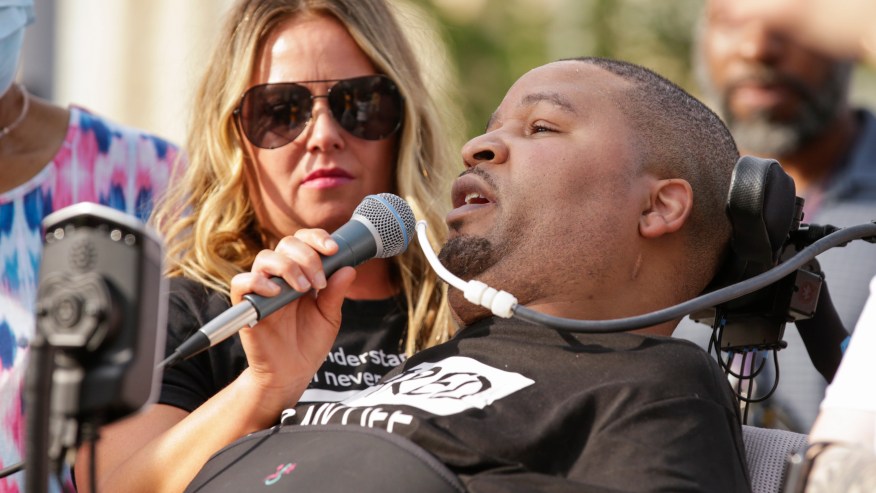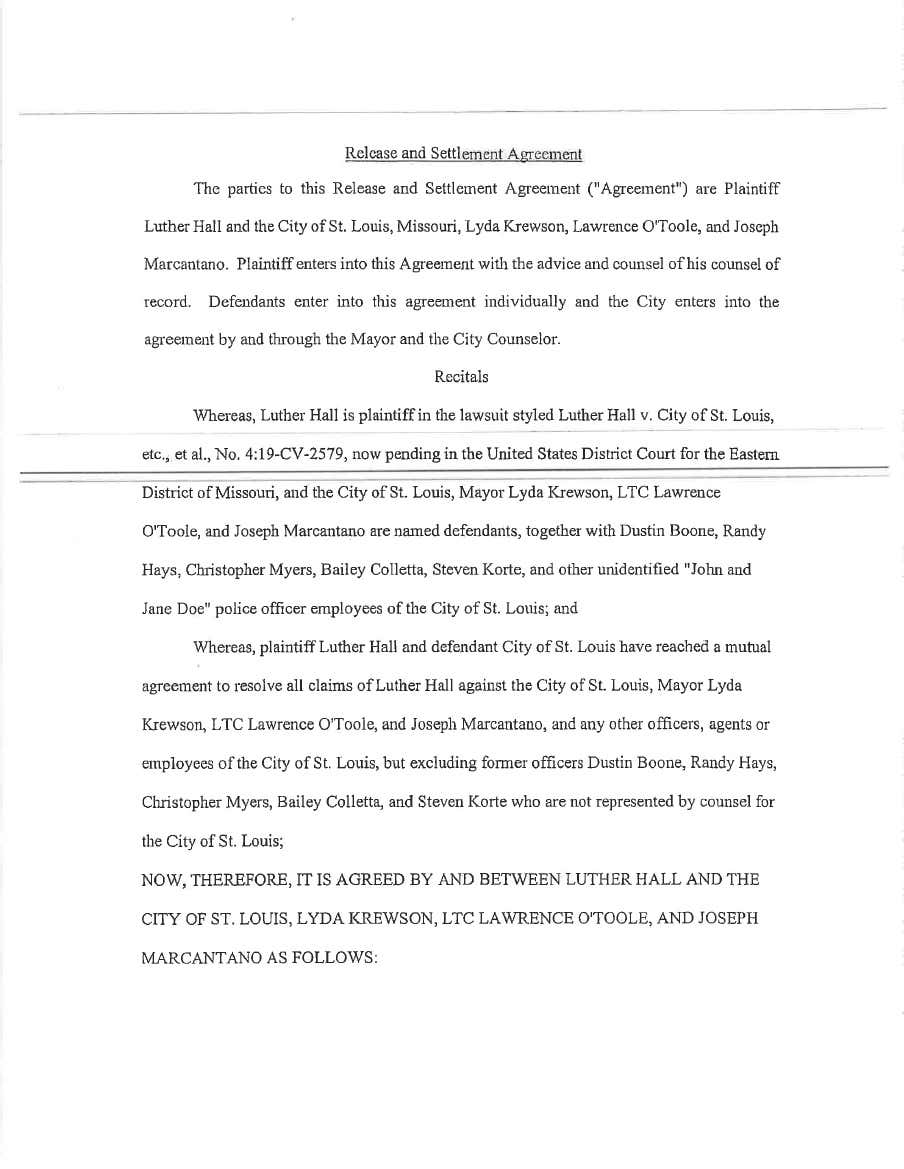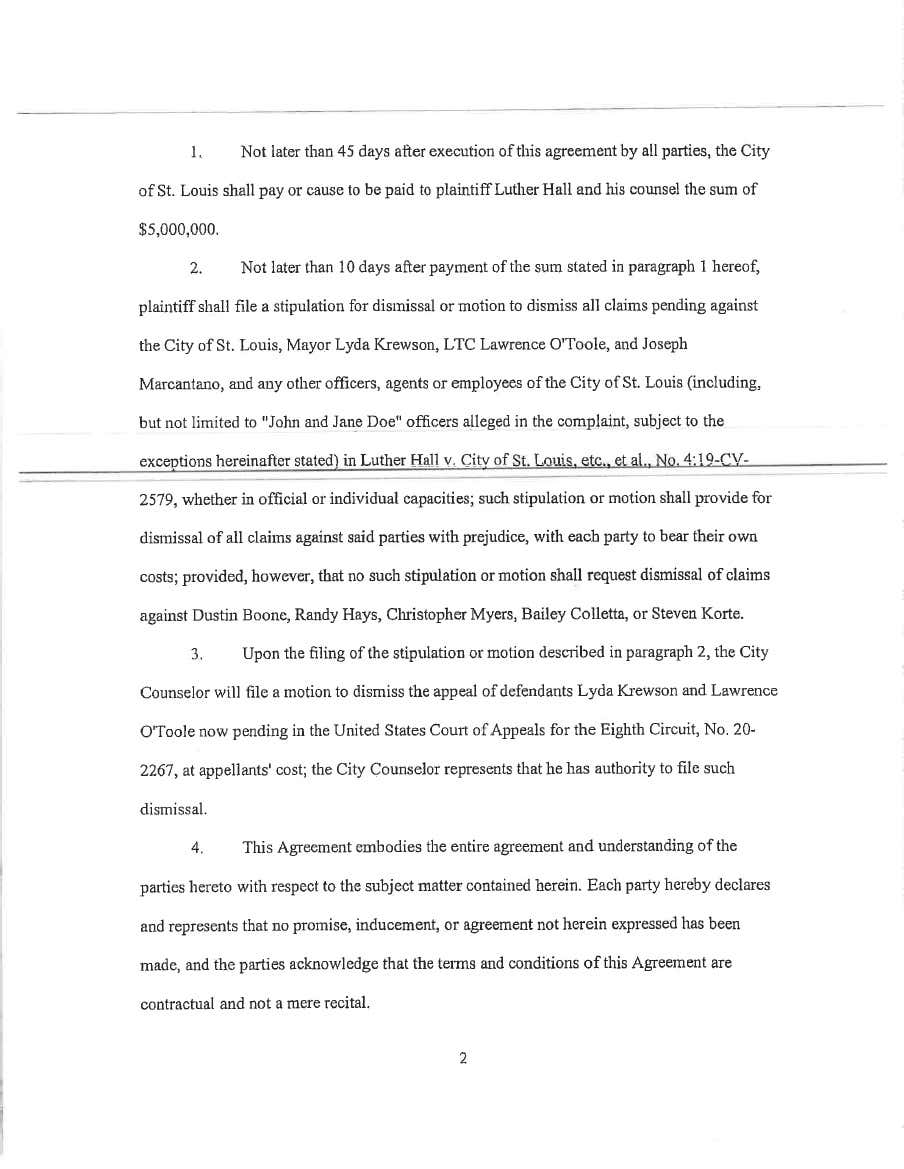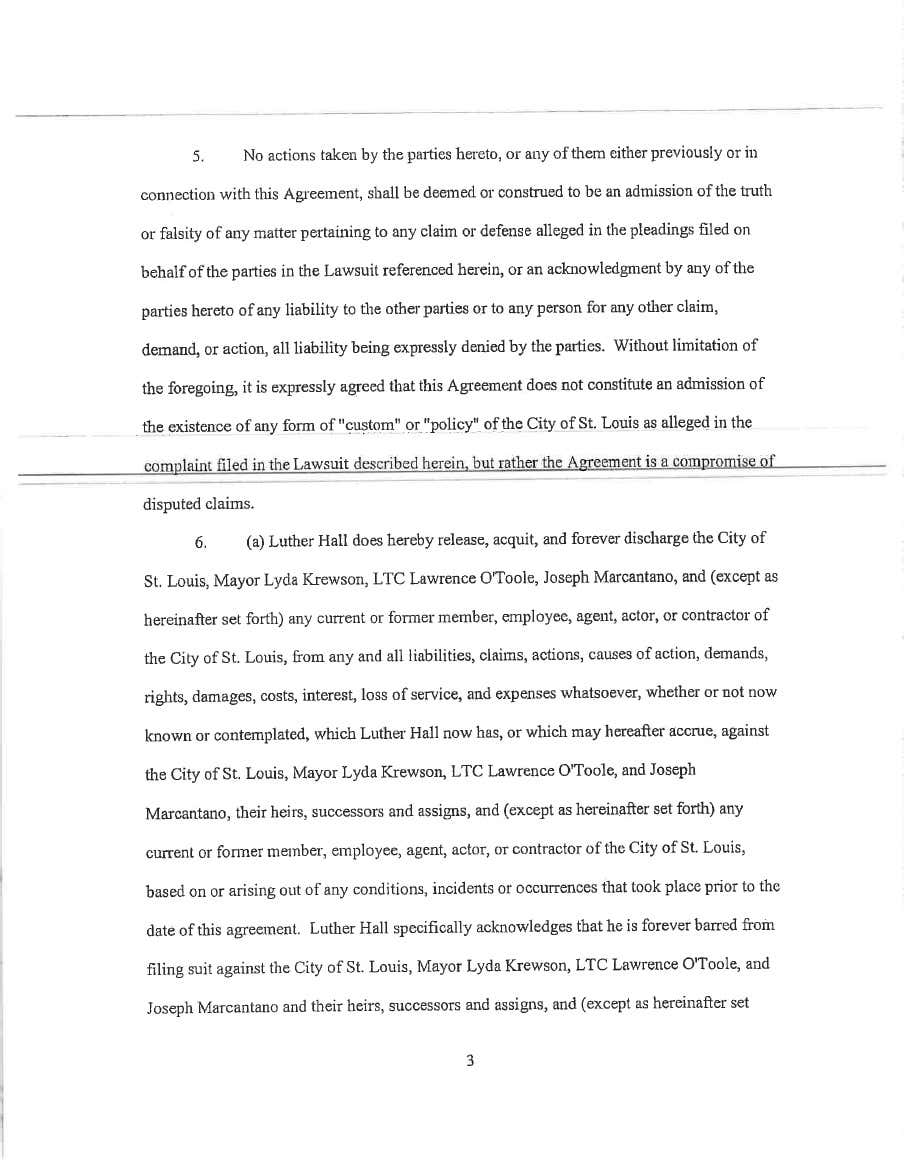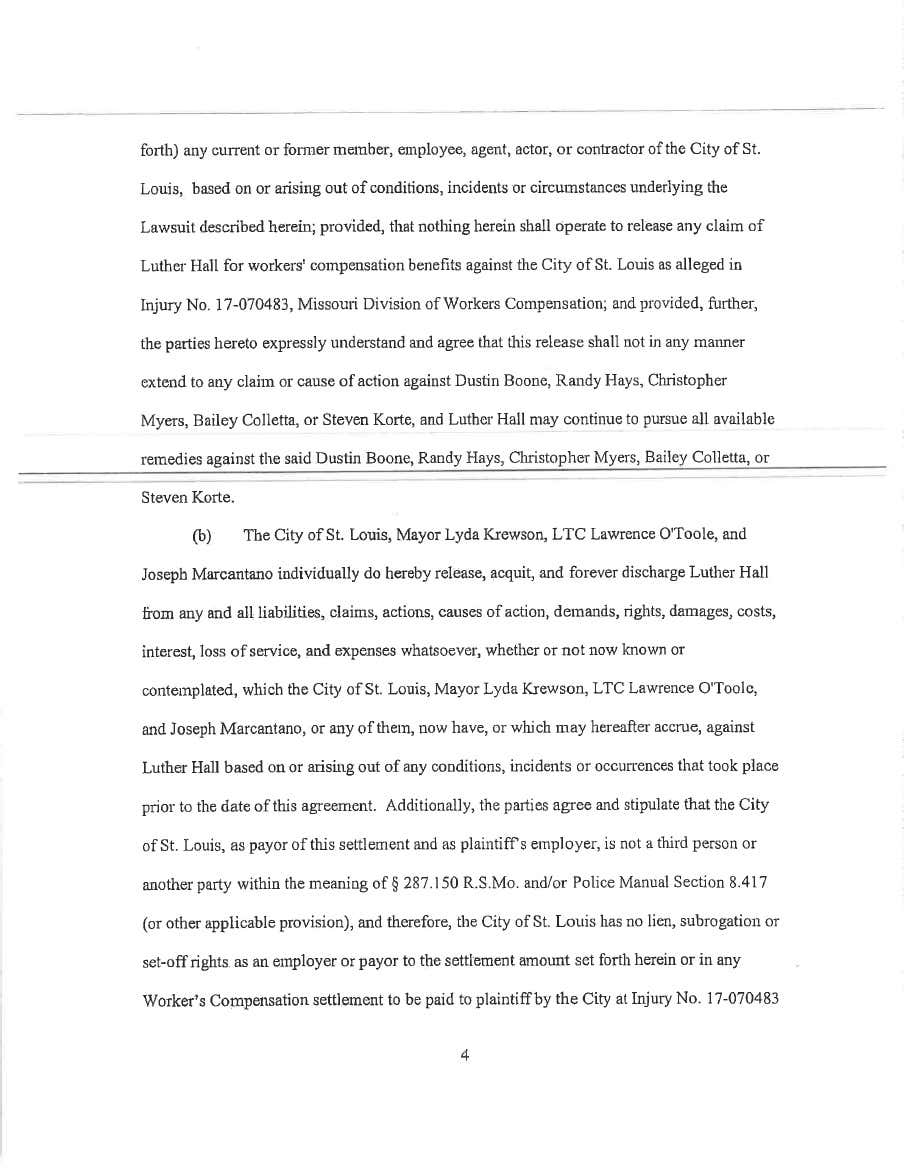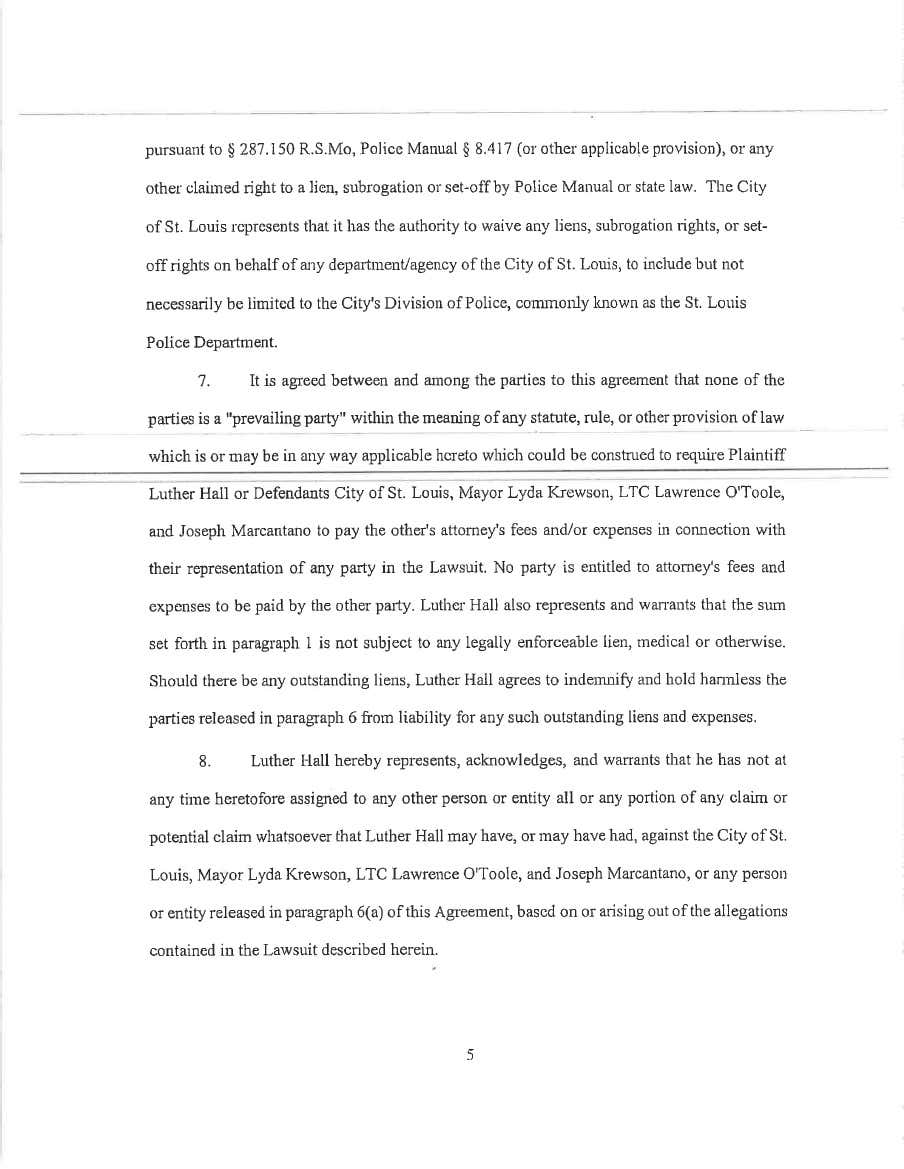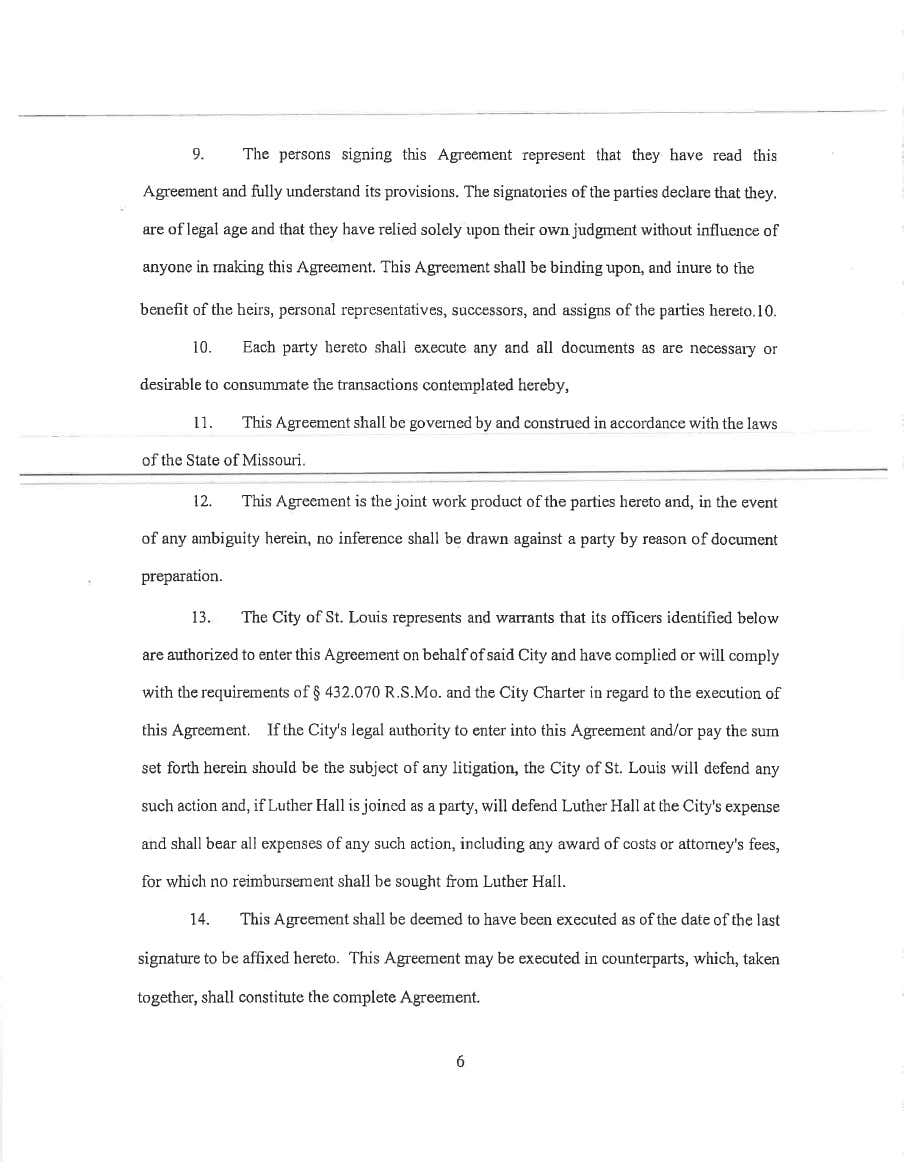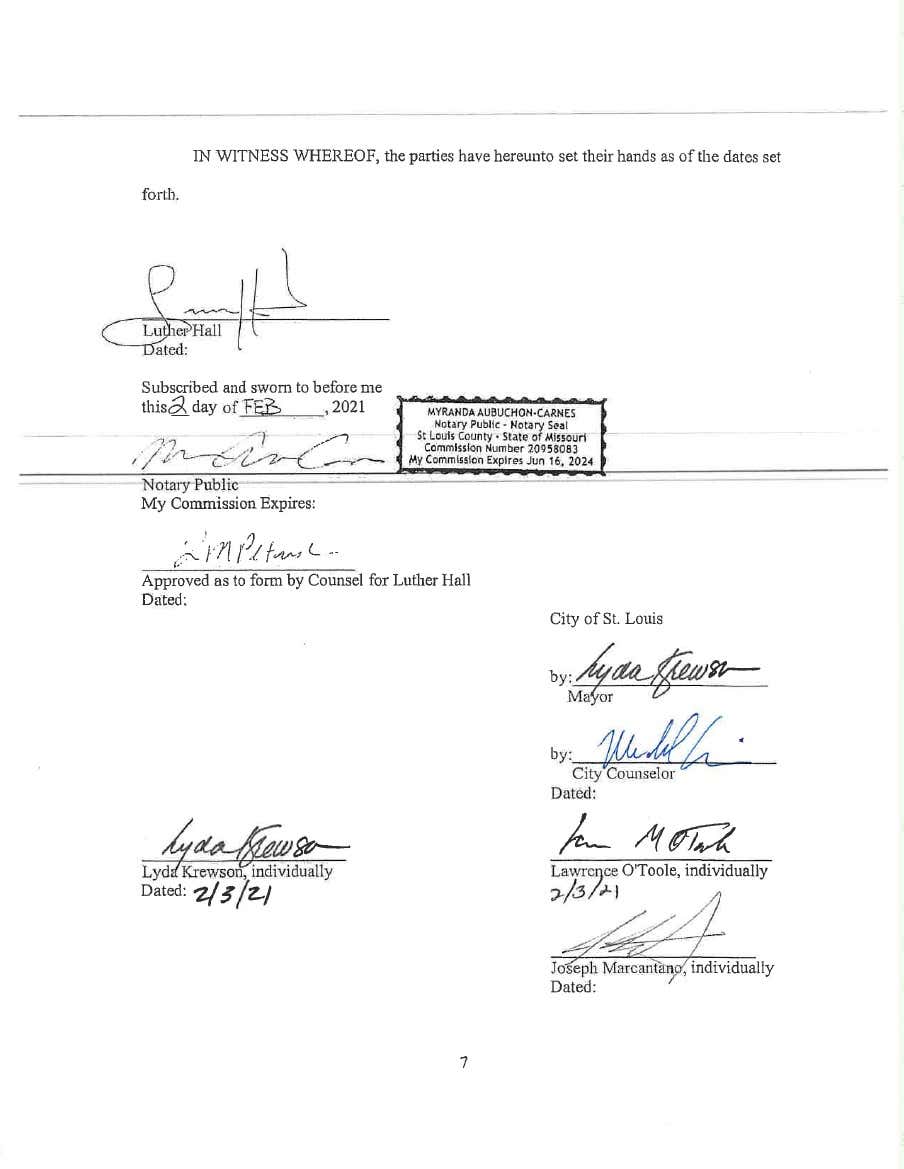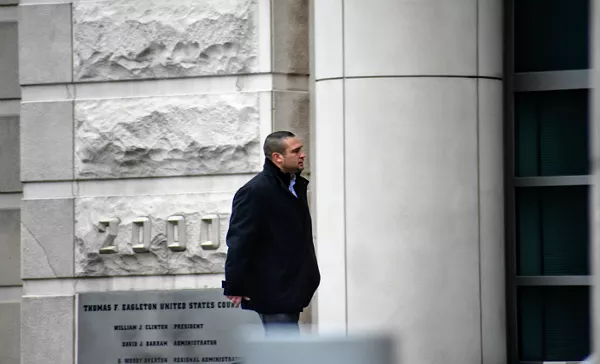Sonoma County to pay record $3.8 million settlement over fatal arrest of David Ward
Sonoma County has agreed to pay a record $3.8 million to the family of a Bloomfield man who died after a violent encounter with sheriff’s deputies in 2019.
Sonoma County has agreed to pay a record $3.8 million to the family of a Bloomfield man who died after a violent encounter with sheriff’s deputies in 2019.
The settlement of a civil rights lawsuit filed by the family of David Ward was approved Tuesday by the Sonoma County Board of Supervisors in a closed-session meeting, Sonoma County Chief Deputy County Counsel Josh Myers said.
It comes just under a year after Ward’s family sued the county, claiming Sonoma County Sheriff’s Deputies Charles Blount and Jason Little used excessive force against Ward during a Nov. 27, 2019, traffic stop that followed a high-speed chase through parts of west Sonoma County.
The deputies, who were investigating Ward’s report that his Honda Civic had been stolen by an armed man, did not know Ward had recovered the vehicle and was driving it when they tried to pull over the car.
During a traffic stop near Ward’s Bloomfield home that followed the brief chase along rural west county roads, Blount wrapped his arm around Ward’s neck and bashed his head into the side of the Honda Civic he drove in and Little fired his Taser twice at Ward through an open window after he did not follow commands to get out of the car, video captured by body-worn cameras showed.
he settlement amount surpassed a record set in December 2018, when county officials agreed to pay $3 million to settle a civil rights lawsuit filed by the family of Andy Lopez, a 13-year-old Santa Rosa boy who was shot and killed in 2013 by a sheriff’s deputy who mistook his airsoft gun for an assault rifle.
“I think what that reflects is an increasing understanding by government officials that their employees are not immune from scrutiny from the public to the extend that they perhaps were,” said Izaak Schwaiger, the attorney representing Ward’s family.
“This is no longer a time that police officers receive the benefit of the doubt,” he added. “They’re treated like everyone else and I think the size of this settlement reflects that.”
Sonoma County Sheriff Mark Essick extended his condolences to Ward’s family, saying Blount’s actions during the traffic stop fell short of the agency’s standards for its employees.
He underscored the quick steps he and his office took in the aftermath of the incident, including an internal-affairs investigation into Blount’s encounter with Ward and the public release of body-worn camera footage that captured the pursuit and traffic stop.
Essick announced his intention to fire Blount the day of the video’s release, though Blount retired months later, before the termination process was complete.
“In that regard, I felt the Sheriff’s Office held Blount accountable for the violation of policies that led to Mr. Ward’s death,” Essick said of his move to fire Blount.
Little was placed on administrative leave in the aftermath of Ward’s death and returned to work patrol for the agency last November, Essick said.
When asked whether the Sheriff’s Office disciplined Little or required him to undergo additional training prior to returning to work, Essick said that information was protected under personnel privacy laws.
A recently passed state law, SB 1421, requires law enforcement agencies to make investigations into officer-involved shootings public, though an exception that keeps those documents confidential when officers involved are part of criminal proceedings is currently preventing the Sheriff’s Office from releasing those records, Essick said.
Blount faces felony involuntary manslaughter and assault charges for his role in Blount’s death, a case that as of Thursday remained in the pretrial phase, Sonoma County Superior Court records show.
A felony conviction in the case would make Blount ineligible for retirement benefits related to his time at the Sheriff’s Office, Essick added.
The Marin County Coroner's Office, which conducted Ward’s autopsy, concluded his death was directly caused by cardiorespiratory collapse, blunt impact injuries, neck restraint and the use of a Taser.
The coroner’s office ruled the case a homicide, which does not necessarily imply liability but does indicate someone died at the hands of another person. Acute methamphetamine intoxication, chronic substance abuse and mental illness were listed as significant conditions that contributed to Ward's death.
Harry Stern, Blount’s criminal defense attorney, did not return a request for comment regarding the settlement and its potential impact on the criminal case. In a past statement to The Press Democrat, he’s described the use of force Blount used on Ward as “very unfortunate but justifiable.”
Alison Berry Wilkinson, who represented Blount in the civil rights lawsuit, declined to comment.
Sonoma County Board of Supervisors Chair Lynda Hopkins said the board approved the record-setting settlement amount based on recommendations provided by the county’s lawyers, though she highlighted that she didn’t believe “any amount of money could make up for the loss” of Ward’s life, she said.
She recalled consulting with law enforcement experts in the aftermath of the body-worn camera release in the case, footage she described as “just horrifying.”
“I wanted to know if my reaction was, quite frankly, an appropriate reaction,” Hopkins said. “From a civilian perspective, it looked like a blatant violation of law enforcement protocol.”
Hopkins said she was also concerned how the settlement would impact annual liability insurance premiums for the Sonoma County Sheriff’s Office, which rose by $2.7 million this year. The jump was partially driven by three recent federal civil rights lawsuit settlements totaling $6.6 million.
Janell Crane, the county’s risk manager, said in an email that the cost associated with the Ward settlement will likely contribute to another increase in insurance premiums, though the exact amount is not known yet.
The City of Sebastopol’s insurance, the Redwood Empire Municipal Insurance Fund, also agreed to pay $82,500 to settle the case on behalf of the city, Sebastopol City Manger Larry McLaughlin said.
Sebastopol Police Officer Andrew Bauer, who also responded to the police chase and was present during the stop, was one of the defendants named in the lawsuit.
Both he and Little were accused of witnessing Blount use excessive force against Ward but failing to intervene despite a duty to do so.
While the Sebastopol Police Department reviewed the incident, as it does in any case involving their officers and an in-custody death, McLaughlin said he was not aware of any formal internal investigation.
As of Thursday, Bauer remained employed at the police department.
“We don’t feel that Officer Bauer did anything wrong, basically,” McLaughlin said. “That’s our conclusion.”
It comes just under a year after Ward’s family sued the county, claiming Sonoma County Sheriff’s Deputies Charles Blount and Jason Little used excessive force against Ward during a Nov. 27, 2019, traffic stop that followed a high-speed chase through parts of west Sonoma County.
The deputies, who were investigating Ward’s report that his Honda Civic had been stolen by an armed man, did not know Ward had recovered the vehicle and was driving it when they tried to pull over the car.
During a traffic stop near Ward’s Bloomfield home that followed the brief chase along rural west county roads, Blount wrapped his arm around Ward’s neck and bashed his head into the side of the Honda Civic he drove in and Little fired his Taser twice at Ward through an open window after he did not follow commands to get out of the car, video captured by body-worn cameras showed.
he settlement amount surpassed a record set in December 2018, when county officials agreed to pay $3 million to settle a civil rights lawsuit filed by the family of Andy Lopez, a 13-year-old Santa Rosa boy who was shot and killed in 2013 by a sheriff’s deputy who mistook his airsoft gun for an assault rifle.
“I think what that reflects is an increasing understanding by government officials that their employees are not immune from scrutiny from the public to the extend that they perhaps were,” said Izaak Schwaiger, the attorney representing Ward’s family.
“This is no longer a time that police officers receive the benefit of the doubt,” he added. “They’re treated like everyone else and I think the size of this settlement reflects that.”
Sonoma County Sheriff Mark Essick extended his condolences to Ward’s family, saying Blount’s actions during the traffic stop fell short of the agency’s standards for its employees.
He underscored the quick steps he and his office took in the aftermath of the incident, including an internal-affairs investigation into Blount’s encounter with Ward and the public release of body-worn camera footage that captured the pursuit and traffic stop.
Essick announced his intention to fire Blount the day of the video’s release, though Blount retired months later, before the termination process was complete.
“In that regard, I felt the Sheriff’s Office held Blount accountable for the violation of policies that led to Mr. Ward’s death,” Essick said of his move to fire Blount.
Little was placed on administrative leave in the aftermath of Ward’s death and returned to work patrol for the agency last November, Essick said.
When asked whether the Sheriff’s Office disciplined Little or required him to undergo additional training prior to returning to work, Essick said that information was protected under personnel privacy laws.
A recently passed state law, SB 1421, requires law enforcement agencies to make investigations into officer-involved shootings public, though an exception that keeps those documents confidential when officers involved are part of criminal proceedings is currently preventing the Sheriff’s Office from releasing those records, Essick said.
Blount faces felony involuntary manslaughter and assault charges for his role in Blount’s death, a case that as of Thursday remained in the pretrial phase, Sonoma County Superior Court records show.
A felony conviction in the case would make Blount ineligible for retirement benefits related to his time at the Sheriff’s Office, Essick added.
The Marin County Coroner's Office, which conducted Ward’s autopsy, concluded his death was directly caused by cardiorespiratory collapse, blunt impact injuries, neck restraint and the use of a Taser.
The coroner’s office ruled the case a homicide, which does not necessarily imply liability but does indicate someone died at the hands of another person. Acute methamphetamine intoxication, chronic substance abuse and mental illness were listed as significant conditions that contributed to Ward's death.
Harry Stern, Blount’s criminal defense attorney, did not return a request for comment regarding the settlement and its potential impact on the criminal case. In a past statement to The Press Democrat, he’s described the use of force Blount used on Ward as “very unfortunate but justifiable.”
Alison Berry Wilkinson, who represented Blount in the civil rights lawsuit, declined to comment.
Sonoma County Board of Supervisors Chair Lynda Hopkins said the board approved the record-setting settlement amount based on recommendations provided by the county’s lawyers, though she highlighted that she didn’t believe “any amount of money could make up for the loss” of Ward’s life, she said.
She recalled consulting with law enforcement experts in the aftermath of the body-worn camera release in the case, footage she described as “just horrifying.”
“I wanted to know if my reaction was, quite frankly, an appropriate reaction,” Hopkins said. “From a civilian perspective, it looked like a blatant violation of law enforcement protocol.”
Hopkins said she was also concerned how the settlement would impact annual liability insurance premiums for the Sonoma County Sheriff’s Office, which rose by $2.7 million this year. The jump was partially driven by three recent federal civil rights lawsuit settlements totaling $6.6 million.
Janell Crane, the county’s risk manager, said in an email that the cost associated with the Ward settlement will likely contribute to another increase in insurance premiums, though the exact amount is not known yet.
The City of Sebastopol’s insurance, the Redwood Empire Municipal Insurance Fund, also agreed to pay $82,500 to settle the case on behalf of the city, Sebastopol City Manger Larry McLaughlin said.
Sebastopol Police Officer Andrew Bauer, who also responded to the police chase and was present during the stop, was one of the defendants named in the lawsuit.
Both he and Little were accused of witnessing Blount use excessive force against Ward but failing to intervene despite a duty to do so.
While the Sebastopol Police Department reviewed the incident, as it does in any case involving their officers and an in-custody death, McLaughlin said he was not aware of any formal internal investigation.
As of Thursday, Bauer remained employed at the police department.
“We don’t feel that Officer Bauer did anything wrong, basically,” McLaughlin said. “That’s our conclusion.”




